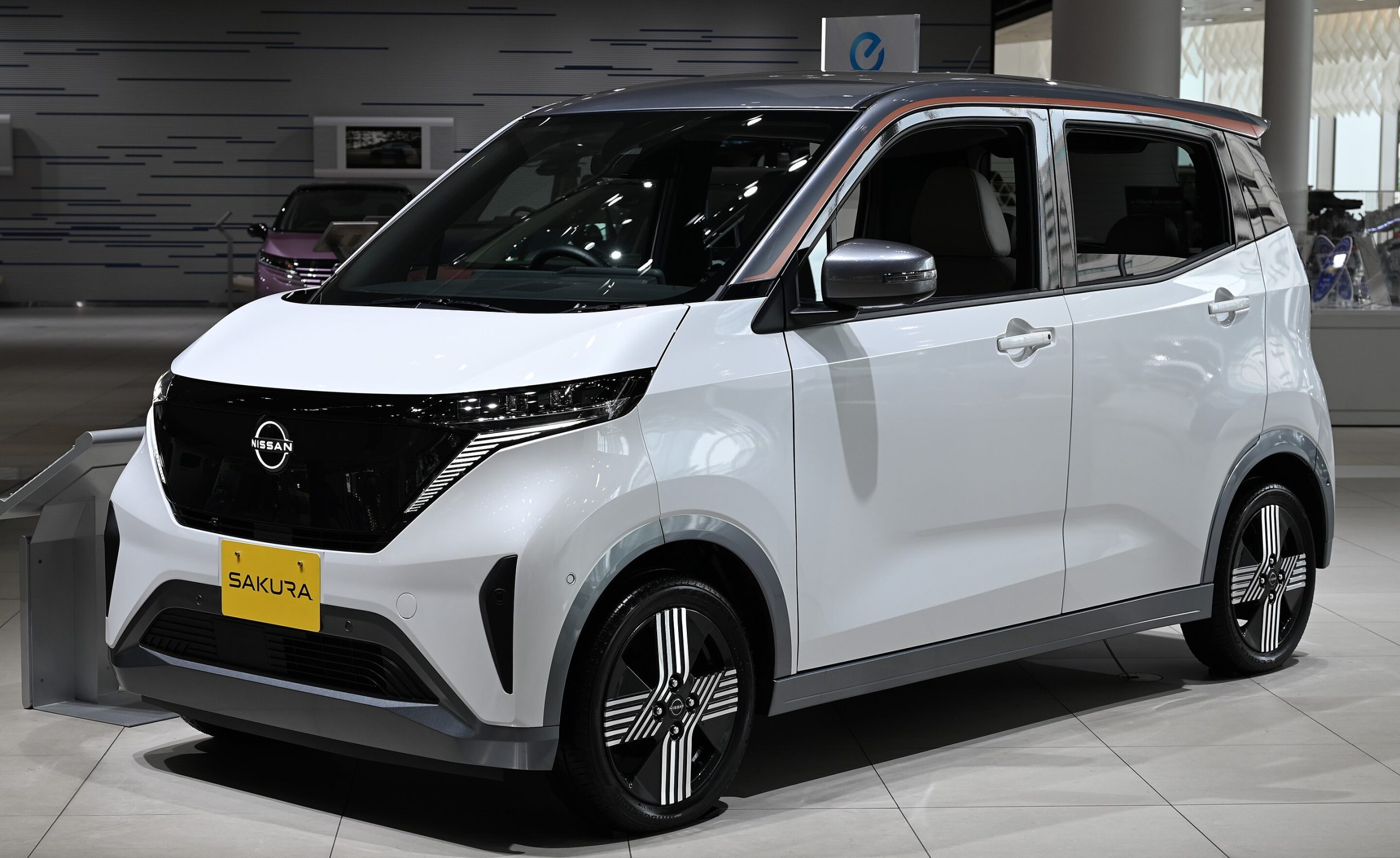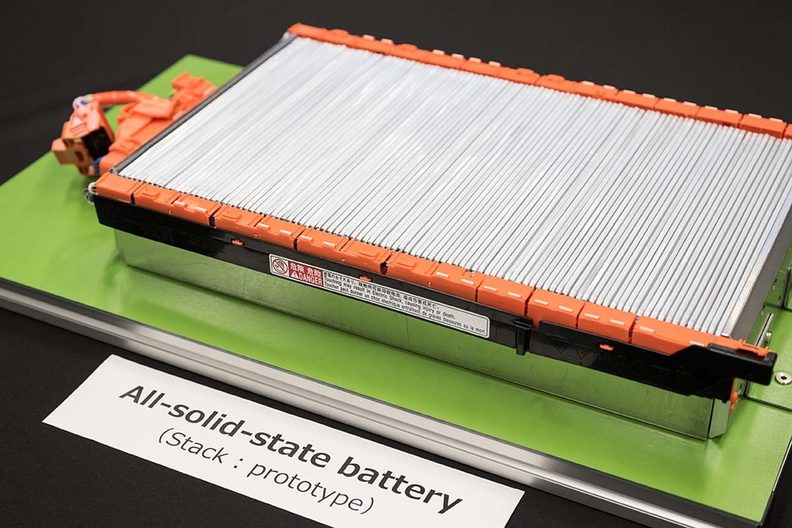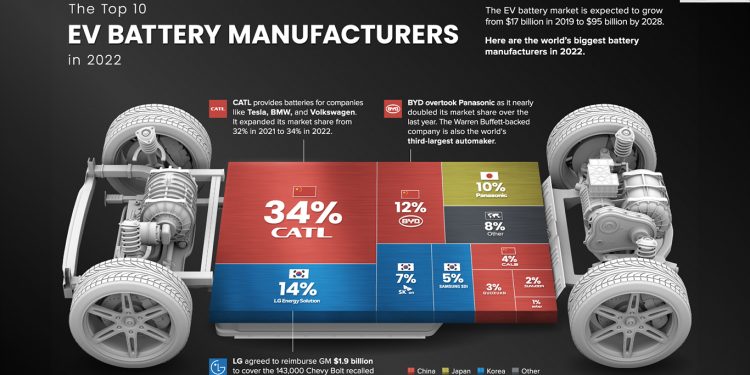Decarbonisation Handouts for the Big Japanese Car Makers
Words NZ Autocar | Images Automotive News, Visual Capitalist
The Japanese government has an early Christmas present for the big four Japanese car makers. It gifted Mazda, Nissan, Subaru and Toyota an estimated $NZ3.6b in subsidies to increase production of EV batteries.
Mazda received the smallest cash injection, arguably because it is the last of the big four to jump on the electric bandwagon. Its $NZ300m will go towards providing “more affordable electric vehicles”, according to the company president and CEO, Makoto Uchida.
Nissan received over $NZ600 to help it start production of lithium-iron-phosphate (LFP) batteries for use in electric kei cars (small city cars) in 2028.

Subaru received the largest reported investment, at $NZ1.77b. This will go towards building a joint-venture battery factory with Panasonic.
This plant will open in the 2028-2029 financial year and should output 16GWh annually by 2030.
Mazda will also use Panasonic battery cells for its EVs, taking between 6.5GWh and 10GWh per annum from 2027.
The companies involved said that Mazda will take charge of assembling the cells into packs. It will use them in a new EV based on its first dedicated EV platform.
Toyota received an undisclosed amount which likely means heaps given its electric plans are the most ambitious. Approval has been given to begin production of solid-state batteries and “next-generation” lithium ion cells from 2026.

Toyota didn’t say whether the batteries would be destined for EVs. However in the past it said solid-state batteries would probably kick off in its hybrids. What it did say was that it “seeks to improve the marketability of electrified vehicles and achieve carbon neutrality through a multi-pathway approach”. Which is about as nebulous as the amount of funding received.
The solid-state battery tech could also end up in hydrogen fuel cell cars (FCEVs).
The investments in the general EV area are happening as Japan’s car industry explores how of decarbonise its existing fleet of ICE powered vehicles.
Toyota, Mazda and Subaru are looking at a mix of approaches toward decarbonisation. In what Toyota chief Koji Sato dubbed a “friendly competition”, each is designing all-new engines to take advantage of carbon-neutral synthetic fuels.
Nissan is also working with Honda and Mitsubishi to co-develop a new EV platform. The aim of cooperating is to accelerate development times and cut R&D costs.





